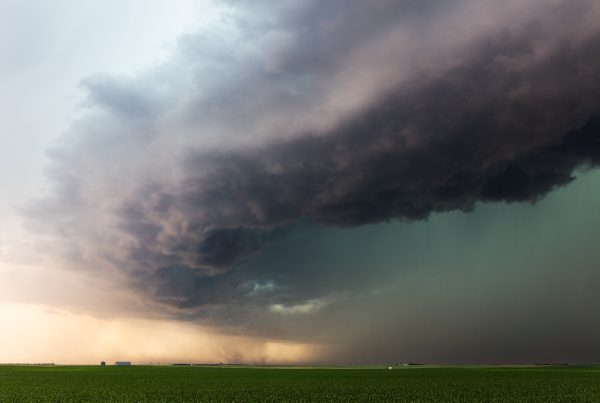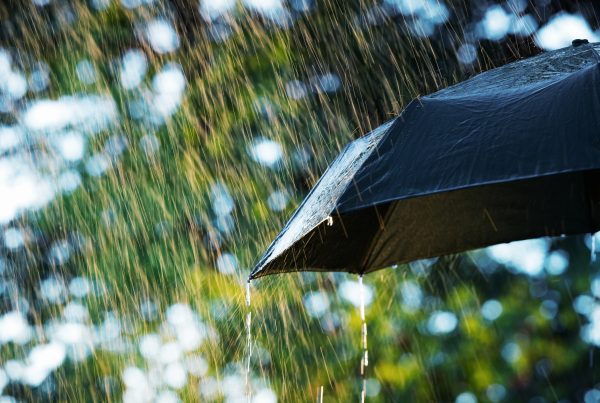When running a farm, protecting your livelihood means considering all potential risks, including environmental ones. That’s where pollution liability coverage comes in. This coverage is specifically designed to protect farm owners from the costs associated with pollution incidents that could harm the environment or the public. However, it’s important to note that not all policies offer the same level of protection.
What is Pollution Liability Coverage?
Pollution liability coverage on a farm insurance policy provides protection against claims and damages arising from pollution-related incidents, such as chemical spills, pesticide or fertilizer runoff, manure leaks, or fuel storage tank leaks. These events can cause significant damage to soil, water, air, and wildlife and result in costly cleanup efforts, regulatory fines, and legal expenses.
Not All Policies Are Created Equal
Many farm liability policies may include some pollution coverage, but these are often limited in scope and may not fully address the wide range of risks a farm faces. The pollution coverage that is often packaged with standard farm liability policies can have significant coverage gaps, such as excluding gradual pollution over time, limiting coverage only to sudden and accidental incidents, and covering pollution events that occur at the farm, but not away from the farm.
A standalone pollution liability policy, on the other hand, typically offers more comprehensive protection, including coverage for both sudden and gradual pollution events, broader definitions of pollutants, and higher coverage limits. This distinction can make a substantial difference in the event of a claim.
Why Do Farms Need Comprehensive Pollution Liability Coverage?
Farms face unique environmental risks due to the use of chemicals, machinery, and other practices essential to daily operations. Even a small accident can lead to extensive environmental damage and legal complications. Without adequate coverage, farm owners could be left paying out-of-pocket for these unforeseen events, threatening the financial stability of the farm.
Real-Life Examples of Pollution Claims:
Manure Runoff Incident: A dairy farm in Wisconsin faced a claim when a heavy rainstorm caused a manure storage lagoon to overflow, leading to manure runoff into a nearby river. The contamination resulted in fish kills and a substantial fine from environmental authorities, along with cleanup costs and damages claimed by neighboring property owners. A standard farm policy might not cover all these costs, particularly if the event is considered gradual or if the policy has sub-limits.
Pesticide Drift Lawsuit: A corn farm in Iowa was sued by a neighboring organic farm after a pesticide application drifted onto their property, contaminating crops and causing them to lose their organic certification. A farm liability policy might exclude such incidents or provide insufficient limits, whereas a standalone pollution policy would likely cover these losses.
Fuel Storage Tank Leak: In Nebraska, a small farm discovered that a leak in an underground fuel storage tank had contaminated the soil and groundwater. The farm owner was responsible for the cleanup costs, which amounted to thousands of dollars, as well as additional expenses from neighboring property owners who claimed damages for the contamination. Many packaged policies would not cover such gradual leaks, highlighting the need for more extensive coverage.
What Does Comprehensive Pollution Liability Coverage Include?
A standalone pollution liability policy may include:
- Cleanup costs for both sudden and gradual pollution events on the farm or neighboring properties.
- Third-party claims for bodily injury or property damage caused by a wide range of pollutants.
- Legal defense costs associated with pollution claims.
- Higher coverage limits and fewer exclusions compared to standard farm liability policies.
Not all pollution liability coverages are the same. While some farm insurance policies offer limited pollution coverage, they often have significant gaps that could leave farm owners exposed to substantial financial risk. Investing in a standalone pollution liability policy ensures broader and more comprehensive protection, safeguarding your farm against the unexpected and securing its future sustainability.









